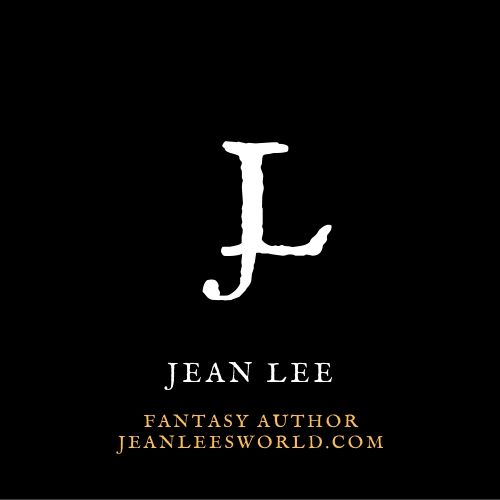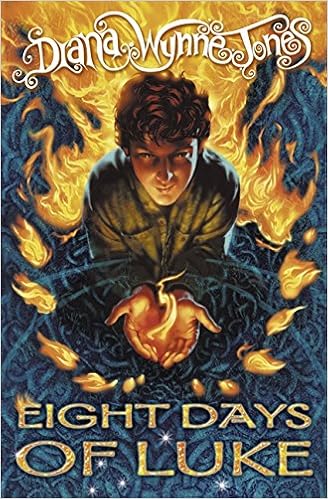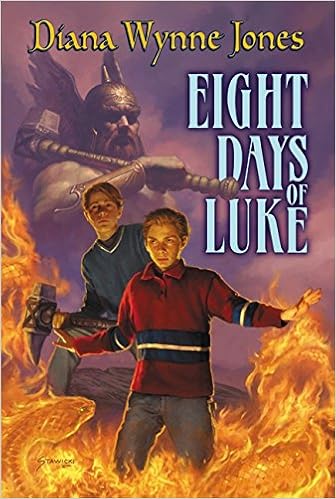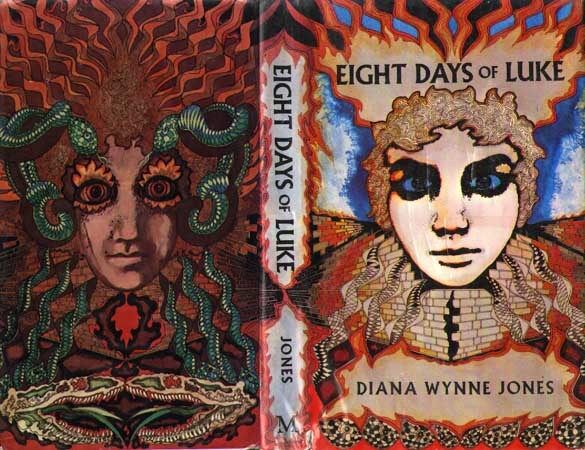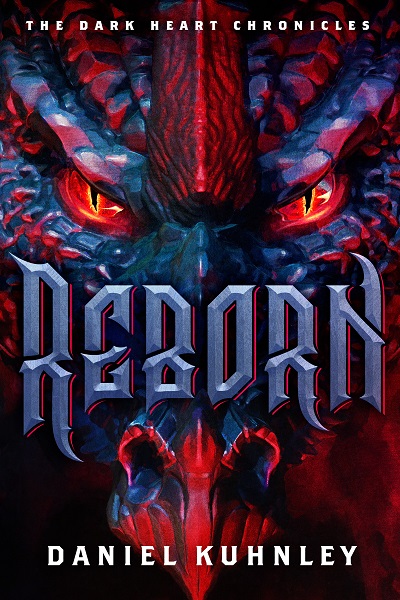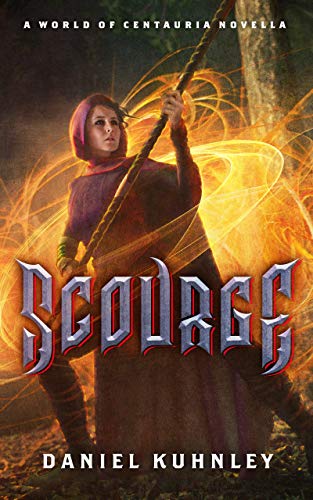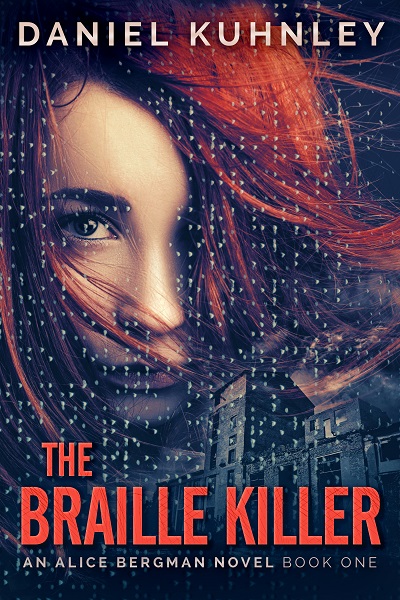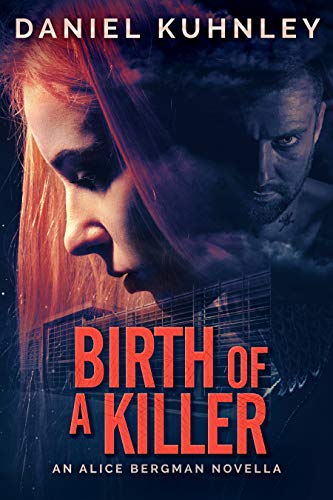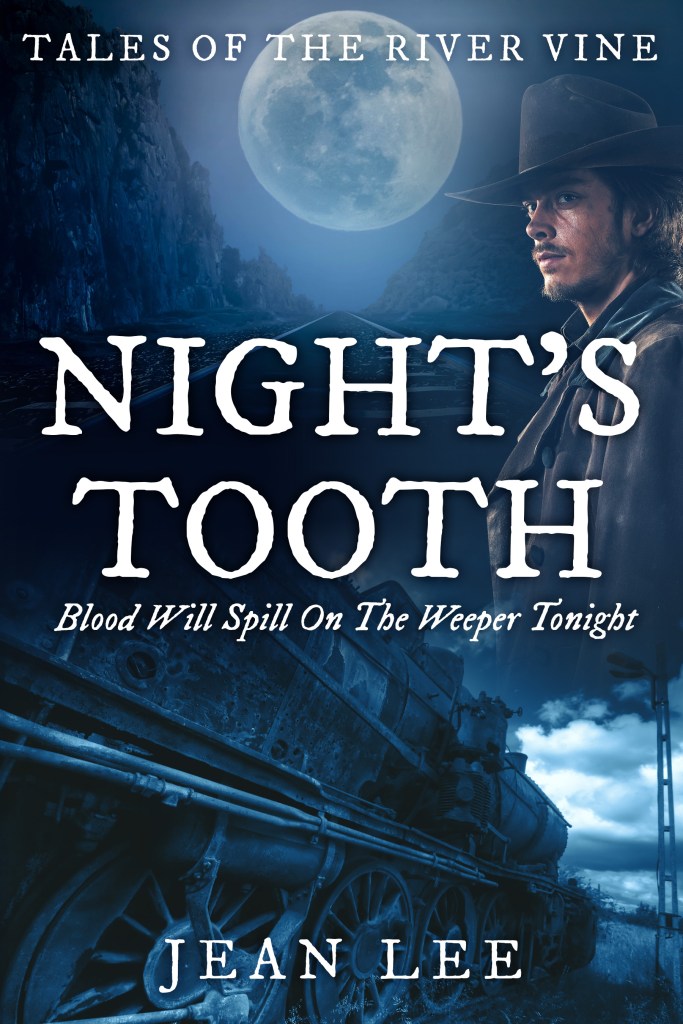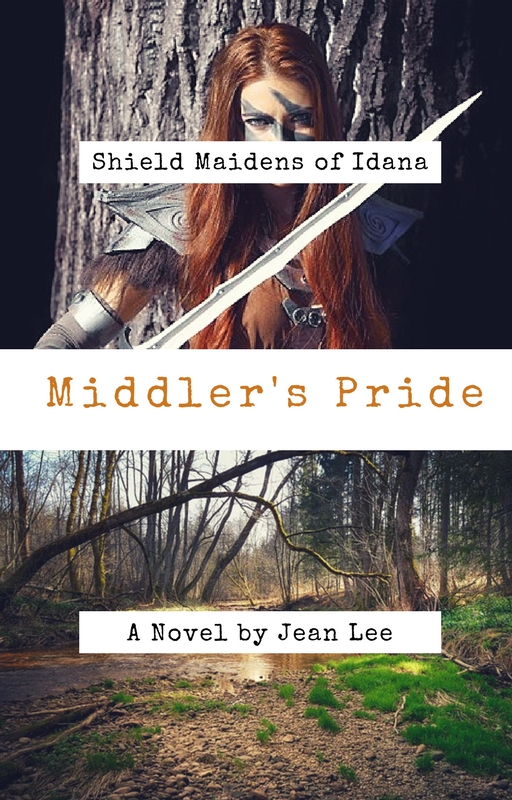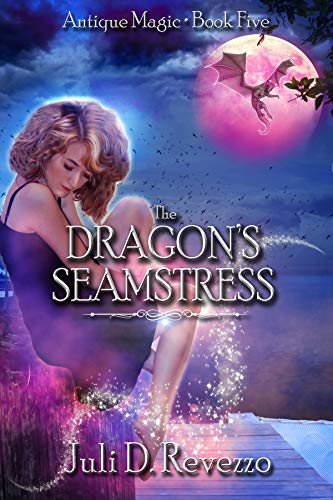Wisconsin’s upper half is filled with roads like this:

Narrow strips of asphalt and concrete wind their way through woods of towering pines, oaks, and birches. Turkey, deer, ravens, and squirrels keep a mindful watch of the roads we meager humans travel, feeding in the nearby grass and trees, unafraid to cross what little land we claim for our own. The North Woods may have its cabins and towns, but make no mistake–it is a wild place of bears and coyotes, wolves and cougars. It is not a place for wandering off the known paths.
Yet it is so very tempting, especially when someone has been there before…

I don’t know what it is about ropes, chains, and logs being used to mark a territory, but they always make me smile. I suppose it’s because they assume we Wisconsinites are polite folk adequately deterred by a rope. “Someone put up a rope? Well, I can’t go there, then.” It’s just a rope, not barbed wire. All it would take is a little slip under.

Not that my goody-goods of kiddos would allow it. “You can’t go in there, Mom!” Blondie says. “It says no trespassing!” Bash says. “Can I call the police now and tell them what your’e doing?” Biff asks. This then devolved into who would get to talk to the police officer, who would get to sit in the driver’s seat of the police car, who would get to use the radio, aaaaaaaand I didn’t get to cross over. Probably for the best–I don’t want them wandering off where wolves will happily greet children with toothy grins. But oh, my friends, that desire to explore was so very strong, for magic buzzed among the cicadas and dragonflies that day. And who doesn’t feel the magic when surrounded by trees so tall the sun only greets your face at midday? Who doesn’t follow the herons’ call as they soar overhead? Who doesn’t sit upon the lakeshore to watch the eagles swoop across the water to pluck thrashing fish with their talons? Who doesn’t feel their spirit glow green as the moss upon the rocks, eager for the North Woods to burn bright crimson, orange, and yellow in the coming autumn?
All it takes is a willfulness to cross into the forbidden.
It’s the start of so many beloved stories, isn’t it? The Father in Beauty and the Beast is a classic example, or Alice crawling into the White Rabbit’s hole in Alice in Wonderland. Many of Diana Wynne Jones’ stories involve crossing into new lands and/or worlds, be it Deep Secret, House of Many Ways, Fire and Hemlock…heavens, there’s a lot. The first that came to mind, though, was Enchanted Glass. The entire story revolves around Aidan and Andrew defining the invisible boundaries of Andrew’s “field-of-care” bestowed upon him by his wizard grandfather so they can determine who’s siphoning magic away for their own purpose. In Naomi Novik’s Uprooted, Agnieszka defies village law and enters The Wood, a place full of cursed, angry magic, to rescue her best friend. In Peadar Ó Guilín’s The Call, Faerie re-define their own borders by surrounding the Emerald Isle in a timeless fog. Nessa and other youth must face The Call, that moment when they are transported into the Faerie realm, or find that access point to the realm first. The mound Nessa finds that marks the entry point reminded me of the mound Camilla Bruce creates in You Let Me In (a wonderful review by fellow indie author S.J. Higbee put me on to this dark adventure). The protagonist Cassandra has been involved with Faerie all her life, and in this moment she describes that initial crossing from “her path” to the Faerie path to the mound.

The shift was subtle, like the beginning of a rainstorm with oncoming mist. My trees gave way to strange ones, taller and wider, older by far, thick roots curling at their trunks. Their branches brushed my head as we walked beneath them, felt like fingers with very long nails. The path beneath my feet shone dimly in the faint light, scattered with fist-sized leaves, it was like walking on glass or silver, or on a frozen stream…the ground turned soggy and moist; the trees were drooping shapes with clusters of leaves brushing the ground…Finally, we came to a halt by a circular shape in the landscape, a grass-covered mound studded with jutting stones…They parted for us when we approached. Smiling faces, glimmering eyes. Hands that patted and touched.
Inviting me into their nest.
Into the dark, dark earth.

And then there are portals through boundaries so very ordinary that no one bothers to notice them. The wardrobe in C.S. Lewis’ The Lion, the Witch, and the Wardrobe comes to mind. In Philip Pullman’s The Subtle Knife, Will finds a typical looking knife that it is capable of literally cutting through the boundaries of time and space and into other earths. In J.K. Rowling’s Harry Potter series, passages between the muggle and magical pieces of the world can be separated with very commonplace things, like a tavern or a train station’s wall. Recently I read the graphic novel version of Neil Gaiman’s Coraline, where unlike the stop-motion film, the door to the Other Mother looks like any other door in the house. But we all know what looks can be, don’t we?
She walked into the drawing room and looked at the door. She had the feeling that the door was looking at her, which she knew was silly, and knew on a deeper level was somehow true.
In another Neil Gaiman novel, a town next to a magical border is literally named Wall.

Immediately to the east of Wall is a grey rock wall, from which the town takes it name. This wall old, built of rough, square lumps of hewn granite, and it comes from the woods and goes back to the woods once more.
There is even a guard who watches over the wall. Sure, those who live in Wall think that guard is crazy for thinking anything interesting could be beyond the wall, but the guard knows what lies beyond is not ordinary at all…
Such a wall became an inspiration for my own fantasy series, Fallen Princeborn. Readers first experience the Wall’s power with protagonist Charlotte when she’s stranded on an old farm with her sister. The farmer’s daughter, Jenny, trusts Charlotte to tell her about what it’s like to live in this unnatural place:

Chattering. Outside.
Charlotte looks out to see the full moon blanketing the woods in pale light. The Wall glows but for its shadows, and one in particular: a tiny shadow moving swiftly along the stones. The squirrel.
It stops. Faces them.
Jenny’s body seizes.
“Shit—” Charlotte blinks.
“Where’s my Charlie? My badge could use a shine.”
Charlotte blinks. What the—? Dad? No—
The squirrel, chattering.
Charlotte pulls the window shut and hugs Jenny to her chest. “Breathe with me, kid, one, two. Breathe with me, okay? Come on, he’s gone,” she lies, afraid of the squirrel’s chatter because it shouldn’t be able to create ghosts out of wishes and dreams—
A howl, long and furious. A swift black shadow runs along the Wall’s edge.
It leaps into the air toward the Wall and—with a streak of violet and shadow—is gone.
Charlotte waits for the squirrel to return, or that wolf, but nothing comes.
Even the stars seem to move and search the Wall, their light transforming the
clouds into fleeing ghosts.
…
Jenny’s face breaks from relief. “D can’t do much in the day, but at night he
chases the nightmares away.” She puts her head to the floor and listens.
Television voices keep talking. The hall floor doesn’t creak. Mrs. Blair never
heard them.
“But where do they go? Where do they come from?”

“The Wall.” Jenny crawls to one side of the sewing table while Charlotte positions herself on the other. Together, they can just see different pieces of the Wall exposed by moonlight. “My parents have never gone over it, and they’ve never talked about anyone living back there. It’s not marked as a nature preserve or conservancy or anything. It’s just… there. It’s been there as long as this farm. Longer.”
“Some wall, if it can’t keep them in.”
“I don’t think it’s about keeping them in so much as keeping us out.”
Autumn so often brings traces of smoke in the air from those who burn leaves or have final campfires. This evening there is a smell in the air, but it’s not leaves: it’s thick. Sticky. Persistent.
Hate.
Jenny pulls another sheet from her book, a page ripped out of a literature textbook. Jenny’s circled the four-line refrain over and over and over:
Come away, O human child!
To the waters and the wild
With a faery, hand in hand,
For the world’s more full of weeping than you can understand.
“Yeats. ‘The Stolen Child.’ You think…” Charlotte has to pause, because to
say this is even possible… No, she couldn’t let this be possible. “You think those
animal things are fairies?”
Now, at long last, we can continue Charlotte’s story beyond the Wall, where another wall, this one underwater, awaits her crossing into the unknown…
It towers above them, surely taller than Rose House. Yet it stands incomplete: the wall runs about the width of Rose House, but the lake waters continue on either side. And directly in front of them there’s a large hole in the wall, as if it was built that way. Unlike the Wall above, this one allows life to grow upon it: seaweed, old and frayed as an ancient mariner’s hair, yes, but still, it is something growing upon the rock around that hole. The hole has a pull to it, a current that barely touches them with soft fingertips, but it is there, palpable, and Liam’s wings feel its pull. He has not known such a pull since traveling the Water Road so very long ago… “Where does that go?”
Blinkey sneers, steps backward. “Nowhere. Everywhere.”
“On pain of death, we’re bound by magic to remain within the Wall of River Vine—”
“Is that what you are afraid of?” Blinkey grins, displaying two solid rows of teeth shaped like little white Ws.
Charlotte feels the muscles in Liam’s arm tighten as he replies, “I am not afraid.”
“Think, Blinkey: your queeny can’t talk to us if these cursed tattoos kill us first.” Charlotte holds her right wrist up actually hoping the thorns will start moving. But they don’t.
Blinkey lazily twirls her spear as she steps out of the air bubble back into the water. The magic that reshapes her legs into a tail comes and goes, but the smile has not yet left her face.
Charlotte wishes it would.
Liam can’t take his eyes off the hole in the wall, or the seaweed that fails to sway with the current flowing through the wall. The seaweed is still. Resistant. It keeps all its fronds away from the hole. The water beyond the hole, it looks… dark, unfathomable.
Yup, this last bit is an excerpt from Fallen Princeborn: Chosen, the second installment in the Fallen Princeborn series. Despite what happened with my publisher, you all encouraged me to fight the good fight and write on, so write on I did! Now at last Chosen is ready to be shared with you via ARC–Click here to access and get started. Come the week of Halloween, the ebook (and paperback, I hope!) will be ready for purchase.

The Blurb!
CHARLOTTE’S FAMILY MAY NO LONGER REMEMBER HER NAME,
BUT HER ENEMIES WILL NEVER FORGET.
Charlotte just wanted to start a new life with her sister Anna out of the reaches of their abusive uncle. When their journey led to Anna’s disappearance from human memory, Charlotte hunted for her sister and the mysterious creatures that took her behind an ancient Wall that hid a land of magic the world had long forgotten. Charlotte woke the Princeborn Liam Artair, and with his return the conflict between factions of the magical Velidevour turned cursed and deadly.
Now Charlotte must end this conflict before the land of River Vine and the inhabitants she’s befriended are consumed by Orna, Lady of the Pits, who is still very, very eager to see her beloved return. And Orna is not the only one who wants hold of the Princeborn Liam’s heart. These Velidevour come armed with firey wings, crimson claws, and pale fire, and like dead magic, they know no kindness.
The Bloody Days are soon returning, and they will not end until a choice is made, a choice that could tear the heart of River Vine apart.
Fallen Princeborn: Chosen is a direct continuation of Fallen Princeborn: Stolen. Recommended for fans of Neil Gaiman’s Stardust, Brigid Kemmerer’s A Curse So Dark and Lonely, and Sarah J. Maas’ A Court of Mist and Fury.
I am thrilled beyond measure to finally reach this milestone, and I cannot thank you again for encouraging me through all my doubts and fears. You, each and every one of you, are a blessing to cherish in this community.
Do you have a favorite story with a boundary into a magical realm, where a character willfully crosses into the unknown? Please share in the comments below!
~STAY TUNED!~
I’ve got some fantastic interviews underway as well as music both cozy and creepy to get our autumn adventures started. I’ll also be sharing more excerpts from Fallen Princeborn: Chosen and the sources of inspiration that helped create pivotal moments.
Read on, share on, and write on, my friends!
